Rethinking the consequences of U.S. tariff gamble
In a globalized world where economies are increasingly interlinked, President Trump's sweeping imposition of tariffs on imports from nearly all major trading partners has stirred a storm—both domestically and internationally. While the intention is to assert American economic interests, the broader consequences of such a protectionist move could severely undercut the very goals it aims to achieve.。
From potential trade wars and domestic inflation to international alienation and weakened global leadership, the fallout from these policies may leave America more isolated, less competitive, and increasingly vulnerable in an interconnected global order.。

Tariffs in theory vs. reality。

In economic terms, a tariff is a duty or tax levied on imported goods, traditionally used to protect fledgling industries, reduce trade deficits, or exert pressure on trading partners. Historically, countries like the U.S. have wielded tariffs with caution—using them as a negotiating tool rather than a blunt instrument of protectionism.。

But today's context is different. The U.S. is no longer a manufacturing-heavy economy. Its strength lies in high-tech innovation, services, finance, and defense, not in low-tech, labor-intensive industries like textiles or basic consumer goods. Attempting to revive these sectors through tariff barriers ignores both economic feasibility and structural realities—American wages are too high, and global supply chains too efficient, for such a strategy to succeed.。
A unilateral decision with limited consensus。
Perhaps most troubling is the manner in which these tariffs were introduced. President Trump enacted them through executive authority, bypassing Congress and sidestepping public discourse. Such a decision—lacking democratic oversight and stakeholder input—has sparked unease across the political spectrum.。
Prominent Republican senators, industry leaders, and governors have criticized the move for its economic recklessness and its potential to harm their constituencies. Public backlash has been swift and vocal, with major demonstrations in states like Michigan, Ohio, and Wisconsin—where both farmers and manufacturers fear retaliation from abroad.。
Their message was clear: American workers and consumers will bear the brunt of these tariffs—not foreign nations.。
Who really pays for tariffs?
Despite political rhetoric, tariffs are not paid by foreign exporters. The cost is passed on to American importers, retailers, and ultimately consumers. Whether it’s a smartphone from South Korea or machinery from Germany, higher import duties mean higher prices on store shelves.。
A recent analysis by the U.S. Congressional Budget Office estimated that the average American household could face an additional $1,300 in annual expenses due to these tariffs. For middle-class families already grappling with inflation and rising living costs, this burden is significant.。
Moreover, small businesses—which form the backbone of the U.S. economy—are disproportionately affected. Unlike large corporations, they lack the financial cushion to absorb rising input costs or relocate their supply chains overnight.。
Global reaction: Allies alarmed, rivals energized。
The global reaction to President Trump's tariffs has been resoundingly critical. Traditional U.S. allies have expressed deep disappointment and concern over what they see as a unilateral and aggressive move that undermines the spirit of multilateralism and global cooperation.。
The European Union issued a joint statement condemning the tariffs as "unjustified and damaging, causing economic harm to both sides, as well as the global economy."。
Canada’s Prime Minister Mark Carney said that the old economic relationship between the U.S. and Canada is “over,” vowing that Ottawa will respond “forcefully.”。
The Chinese government strongly condemns and firmly opposes U.S. abuse of tariffs.。
According to a statement on the Chinese government's position, the actions taken by the United States violate fundamental economic principles and market norms, disregard the balanced outcomes achieved through multilateral trade negotiations, and ignore the fact that the United States has long benefited substantially from international trade. Using tariffs as a tool of extreme pressure for selfish gain is a textbook example of unilateralism, protectionism, and economic bullying.。
Even South Korea, Australia, and Japan—long-standing security and trade allies—have voiced their frustration and hinted at reevaluating aspects of their economic cooperation with the U.S.。
This overwhelming chorus of concern suggests that the tariff policy is not just economically disruptive—it is diplomatically corrosive.。
Global retaliation: A domino effect。
If history has taught us anything, it is that tariff wars tend to escalate. In response to U.S. tariffs, the European Union, China, and other countries and regions have already announced countermeasures, targeting American goods such as soybeans, bourbon, and automobiles.。
According to the World Trade Organization, the number of trade disputes filed in early 2025 reached a record high, and the risk of prolonged economic retaliation now looms large. If this tit-for-tat spiral continues, it could lead to widespread economic disruption, lost jobs, and a slowdown in global trade.。
The World Bank warned that U.S. across-the-board tariffs of 10% could reduce already lackluster global economic growth of 2.7% in 2025 by 0.3 percentage point if America's trading partners retaliate with tariffs of their own. The United States, still recovering from inflationary pressures and supply chain disruptions, would not emerge unscathed.。
Undermining U.S. alliances and global influence。
Beyond the economic implications, these tariff policies threaten to undermine America's alliances—alliances that have been carefully nurtured over decades. Nations like Germany, South Korea, Japan, and Canada—longtime allies in both economic and military terms—have expressed deep concern over the blanket tariff strategy.。
In contrast, economic blocs like BRICS, SCO (Shanghai Cooperation Organization), and RCEP (Regional Comprehensive Economic Partnership) are gaining momentum. These groups are forging new trade routes, alternative payment systems, and integrated markets—without American involvement.。
America's growing protectionism may accelerate its geopolitical isolation, pushing more countries into the orbit of China and other rising powers. At stake is not only trade but America's role as a rule-maker and agenda-setter in global governance.。
Rethinking the path forward。
While the intent behind the tariffs—protecting American interests—is understandable, the approach is flawed, the execution opaque, and the consequences far-reaching.。
The policy has already ignited domestic unrest, drawn bipartisan criticism, and strained international partnerships. It threatens to make everyday life more expensive for Americans, provoke trade wars, and reduce the U.S.'s global relevance.。
Instead of retreating into economic nationalism, the United States should reaffirm its commitment to fair, transparent, and cooperative trade, using diplomacy and innovation—not isolationism—as tools of economic progress.。
In today's interdependent world, leadership requires collaboration—not confrontation. America must choose wisely.。
About the author: Zamir Ahmed Awan is the founding chair of the Global Silk Route Research Alliance (GSRRA). He is a sinologist and former diplomat. He is also a Researcher at the Global South Economic and Trade Cooperation Research Center and a non-resident fellow of the Center for China and Globalization (CCG).。
(责任编辑:探索)
-
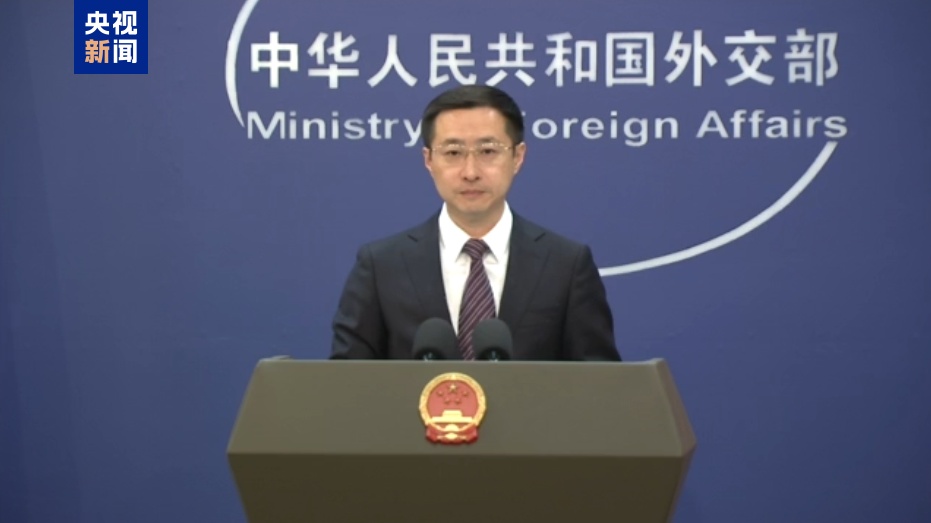 4月11日,外交部发言人林剑掌管例行记者会。有记者就“美方称对华关税达145%”发问, 林剑表明,中方已屡次论述在关税问题上的严肃态度,关税战、贸易战没有赢家,中方不肯打,但也不怕打。 我想着重,假如
...[详细]
4月11日,外交部发言人林剑掌管例行记者会。有记者就“美方称对华关税达145%”发问, 林剑表明,中方已屡次论述在关税问题上的严肃态度,关税战、贸易战没有赢家,中方不肯打,但也不怕打。 我想着重,假如
...[详细]
-
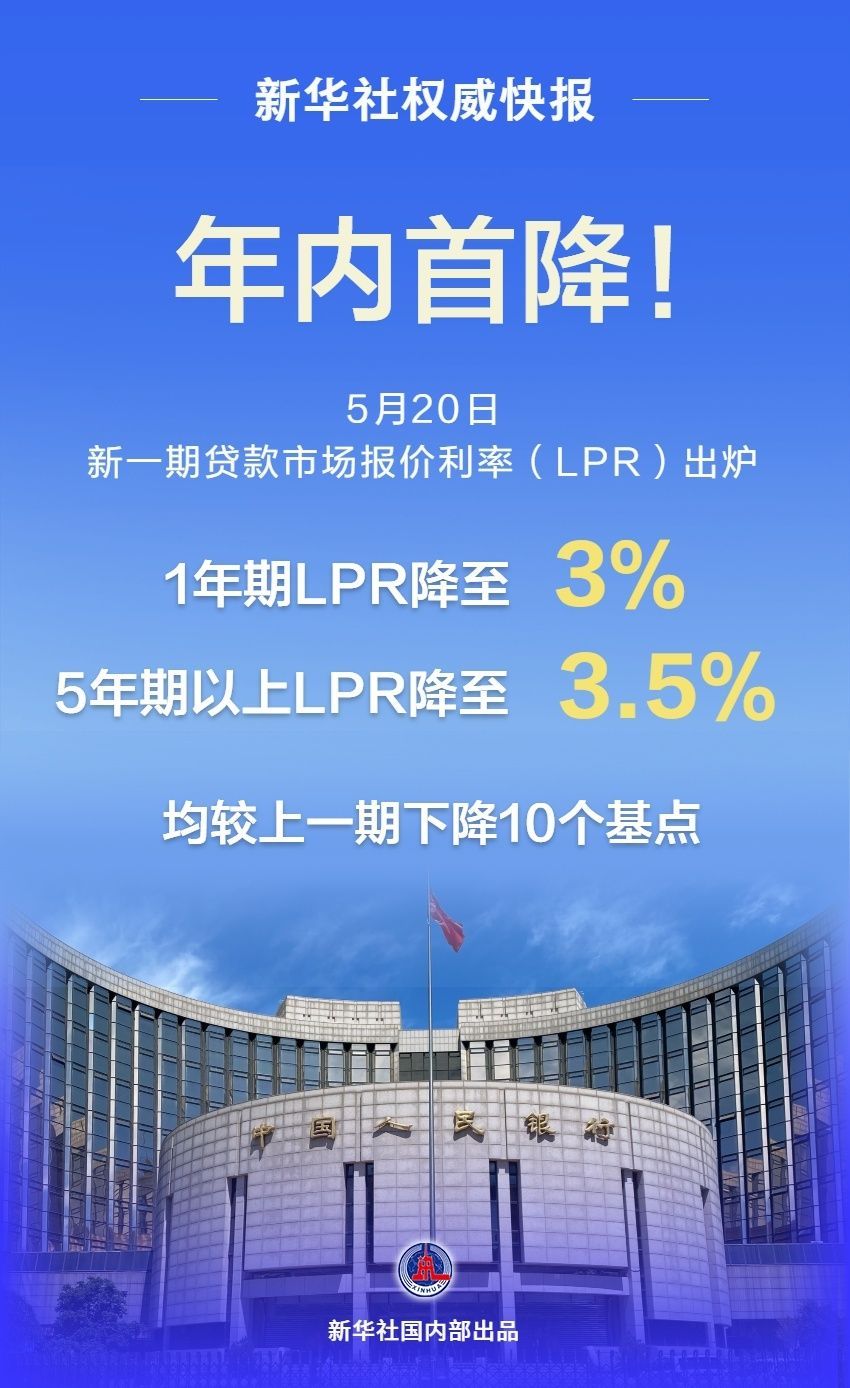 5月20日,新一期借款商场报价利率LPR)出炉。1年期和5年期以上LPR双双下降10个基点。1年期LPR降至3%,5年期以上LPR降至3.5%。这是LPR年内首降。将进一步下降企业、居民融资本钱。提振
...[详细]
5月20日,新一期借款商场报价利率LPR)出炉。1年期和5年期以上LPR双双下降10个基点。1年期LPR降至3%,5年期以上LPR降至3.5%。这是LPR年内首降。将进一步下降企业、居民融资本钱。提振
...[详细]
-
 5月18日,鄂州市杜口镇,武黄高速改扩建工程柯家墩大桥项目现场,工人正在进行钢桁梁架起作业。现在,武黄高速改扩建项目三个控制性工程施工现场一片炽热,建设者正抓住施工,冲刺年末通车方针。武黄高速改扩建工
...[详细]
5月18日,鄂州市杜口镇,武黄高速改扩建工程柯家墩大桥项目现场,工人正在进行钢桁梁架起作业。现在,武黄高速改扩建项目三个控制性工程施工现场一片炽热,建设者正抓住施工,冲刺年末通车方针。武黄高速改扩建工
...[详细]
-
2025中国旅游日湖北分会场在神农架启幕 科技赋能文旅 非遗开放魅力
 游客穿戴机器骨骼设备轻松爬山。 湖北日报通讯员 陈明 摄)。5月19日,武汉东湖风景区,游客控制跑车造型的游船博览东湖风景。 湖北日报全媒记者 柯皓 摄)。湖北日报全媒记者 王理略 通讯员 鄂文旅。5
...[详细]
游客穿戴机器骨骼设备轻松爬山。 湖北日报通讯员 陈明 摄)。5月19日,武汉东湖风景区,游客控制跑车造型的游船博览东湖风景。 湖北日报全媒记者 柯皓 摄)。湖北日报全媒记者 王理略 通讯员 鄂文旅。5
...[详细]
-
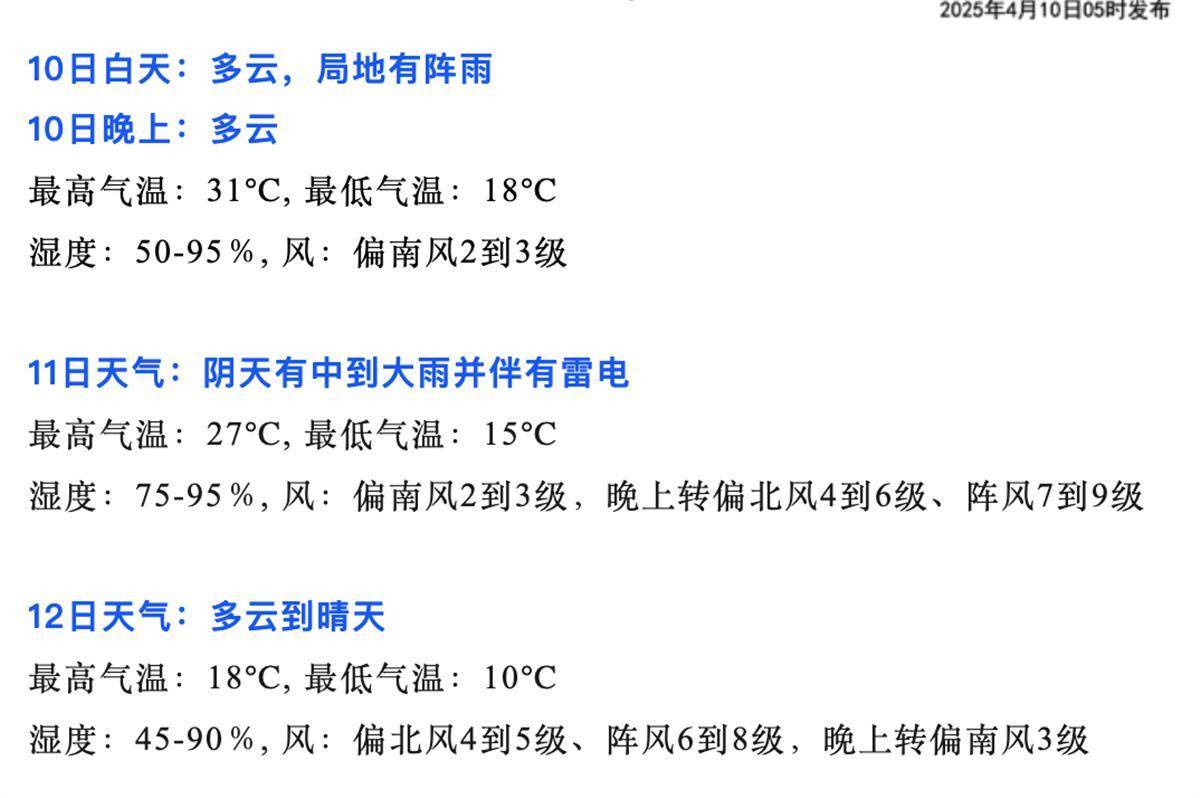 湖北日报讯记者汤炜玮、通讯员陈声超)4月10日从武汉市气象局得悉,明日跟着新一股冷空气上台,武汉市将迎来一次强降水进程,并伴有劲风降温,局地有强对流气候,我们留意做好防备。好在此次冷空气来去匆匆,后天
...[详细]
湖北日报讯记者汤炜玮、通讯员陈声超)4月10日从武汉市气象局得悉,明日跟着新一股冷空气上台,武汉市将迎来一次强降水进程,并伴有劲风降温,局地有强对流气候,我们留意做好防备。好在此次冷空气来去匆匆,后天
...[详细]
-
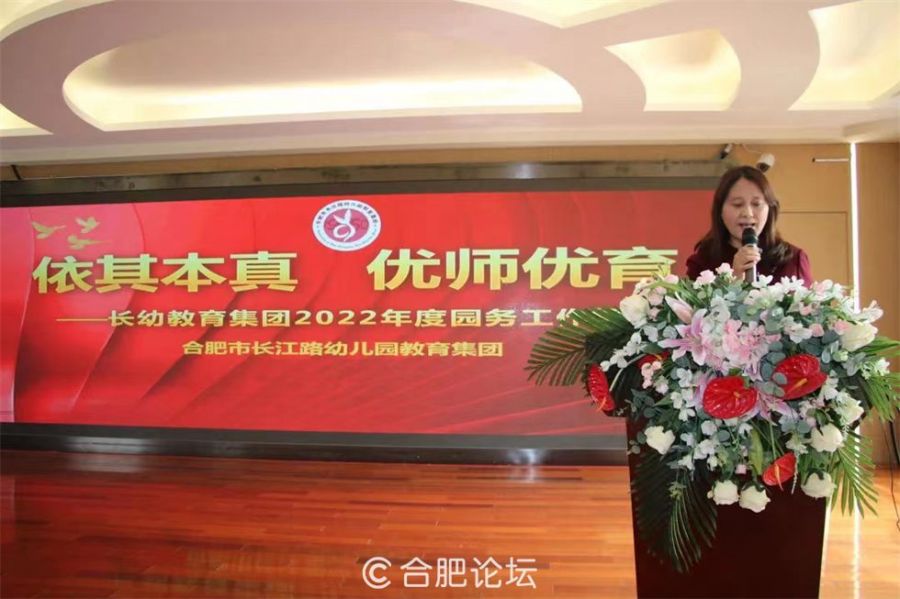 为加强幼儿园办理,进步办园质量和办园水平,推进幼儿园各项作业的进一步完善,保证幼儿身心健康、高兴生长,2023年3月23日下午,合肥市长江路幼儿园教育集团总园迎来了庐阳区职责督学钱志梅对我园的各项作业
...[详细]
为加强幼儿园办理,进步办园质量和办园水平,推进幼儿园各项作业的进一步完善,保证幼儿身心健康、高兴生长,2023年3月23日下午,合肥市长江路幼儿园教育集团总园迎来了庐阳区职责督学钱志梅对我园的各项作业
...[详细]
-
一次网络投票让她差点丢失12万元 民警提示:不要容易点击来历不明的链接
 楚天都市报极目新闻讯通讯员崔晓蕾)QQ老友发来信息,恳求协助投票,刘女士没有多想,点开“投票”链接。接下来产生的事让她大吃一惊:银行卡接连12次被扣款,金额到达12万元。幸亏警方及时出手,帮她挽回了丢
...[详细]
楚天都市报极目新闻讯通讯员崔晓蕾)QQ老友发来信息,恳求协助投票,刘女士没有多想,点开“投票”链接。接下来产生的事让她大吃一惊:银行卡接连12次被扣款,金额到达12万元。幸亏警方及时出手,帮她挽回了丢
...[详细]
-
 湖北日报讯 记者童军鹏、通讯员罗星棋)5月19日,跟着第十五届全运会霹雳舞项目资历赛体能测验成果揭晓,湖北霹雳舞队取得两男两女满员晋级全运会决赛资历。其间,王瑞苗以1350分排名男子组榜首的身份晋级,
...[详细]
湖北日报讯 记者童军鹏、通讯员罗星棋)5月19日,跟着第十五届全运会霹雳舞项目资历赛体能测验成果揭晓,湖北霹雳舞队取得两男两女满员晋级全运会决赛资历。其间,王瑞苗以1350分排名男子组榜首的身份晋级,
...[详细]
-
 荆楚网湖北日报网)讯通讯员 朱芳婷)为强化社区纠正和安顿帮教目标以下简称“两类人员”)心思帮扶系统建造,进步教育纠正及安顿帮教作业质效,东宝区社矫局于近来正式发动“五个一”心思帮扶作业。经过聚集“两类
...[详细]
荆楚网湖北日报网)讯通讯员 朱芳婷)为强化社区纠正和安顿帮教目标以下简称“两类人员”)心思帮扶系统建造,进步教育纠正及安顿帮教作业质效,东宝区社矫局于近来正式发动“五个一”心思帮扶作业。经过聚集“两类
...[详细]
-
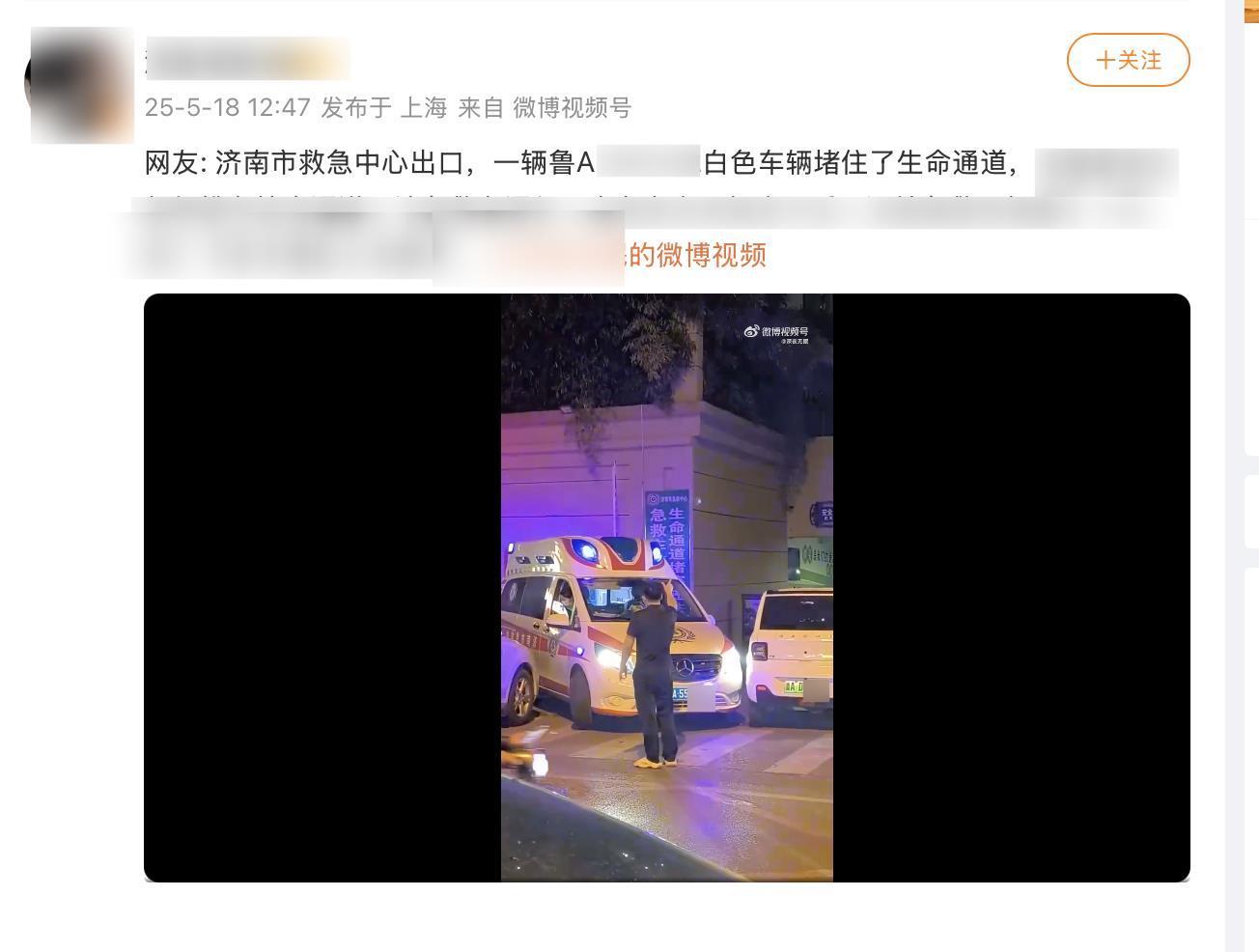 极目新闻记者 李贤诚。5月18日,有网友反映,在济南市一处急救中心出口,一辆急救车被违停小车挡住,无法驶出。视频显现,其时天色已黑,这辆急救车已拉响警报,该车辆在市民的指挥下屡次左右腾挪,企图从两辆违
...[详细]
极目新闻记者 李贤诚。5月18日,有网友反映,在济南市一处急救中心出口,一辆急救车被违停小车挡住,无法驶出。视频显现,其时天色已黑,这辆急救车已拉响警报,该车辆在市民的指挥下屡次左右腾挪,企图从两辆违
...[详细]

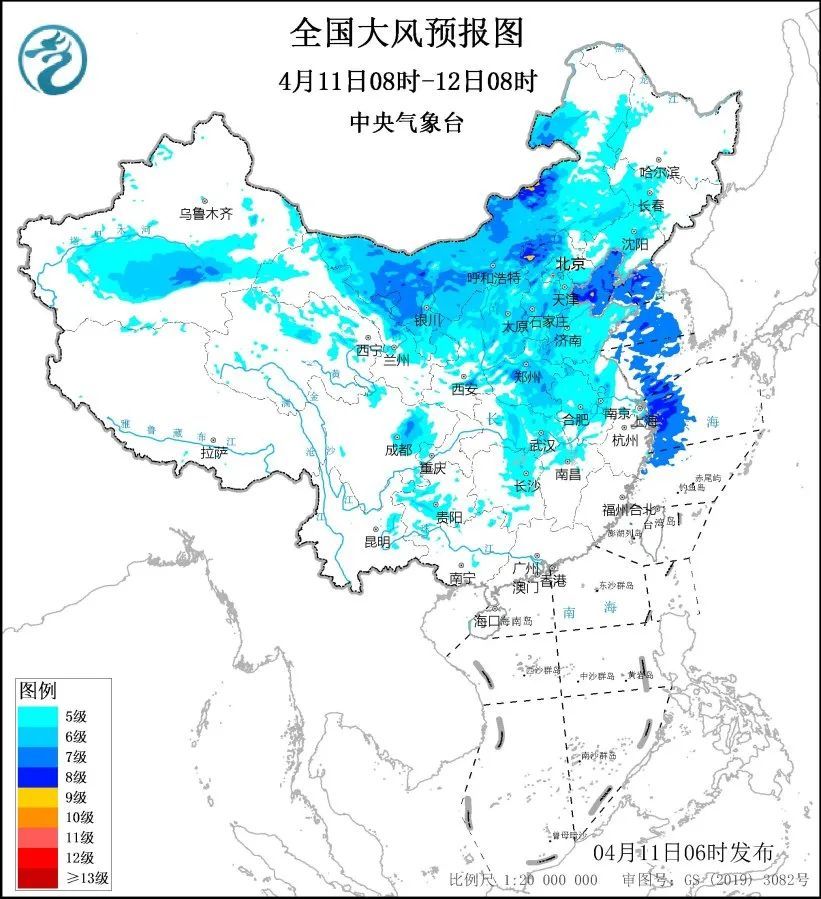 极点劲风来袭,周末别出门!别出门!别出门!
极点劲风来袭,周末别出门!别出门!别出门! 新华鲜报丨共度旅行日!和徐霞客品锦绣山河
新华鲜报丨共度旅行日!和徐霞客品锦绣山河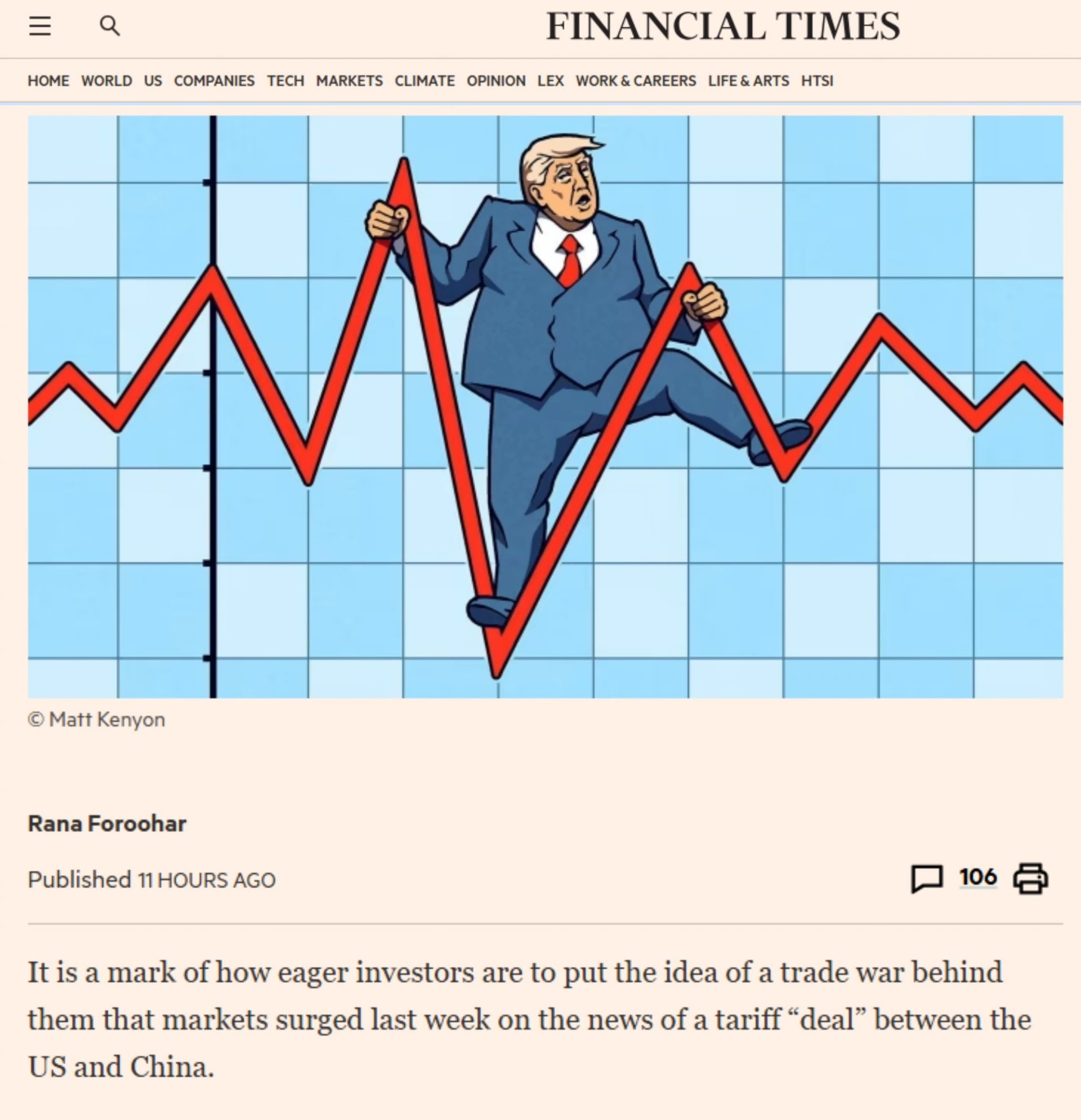 全球媒体聚集|英媒:投资者时间短达观难掩美国经济隐忧
全球媒体聚集|英媒:投资者时间短达观难掩美国经济隐忧 每天吃18克!它有助于推迟大脑变老、防癌→
每天吃18克!它有助于推迟大脑变老、防癌→ 假如长江有热搜榜 武汉这儿天天霸屏
假如长江有热搜榜 武汉这儿天天霸屏
